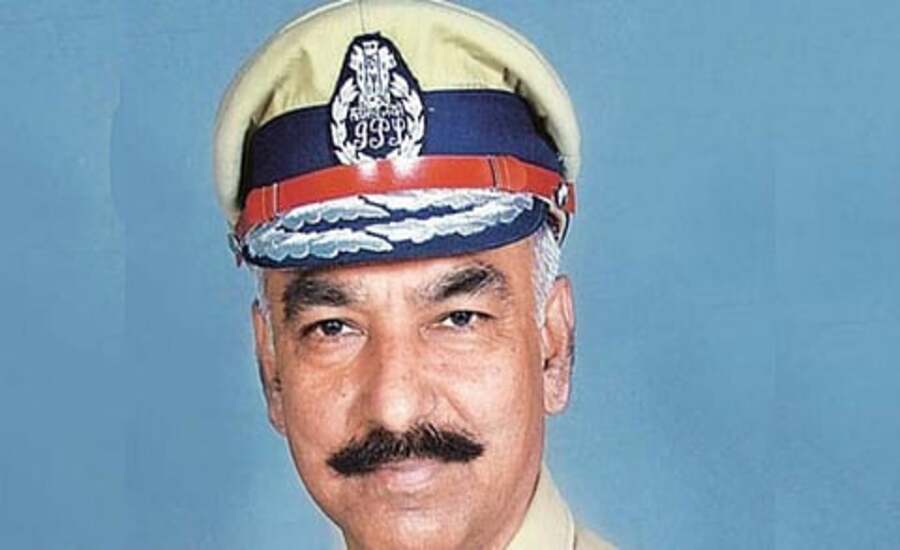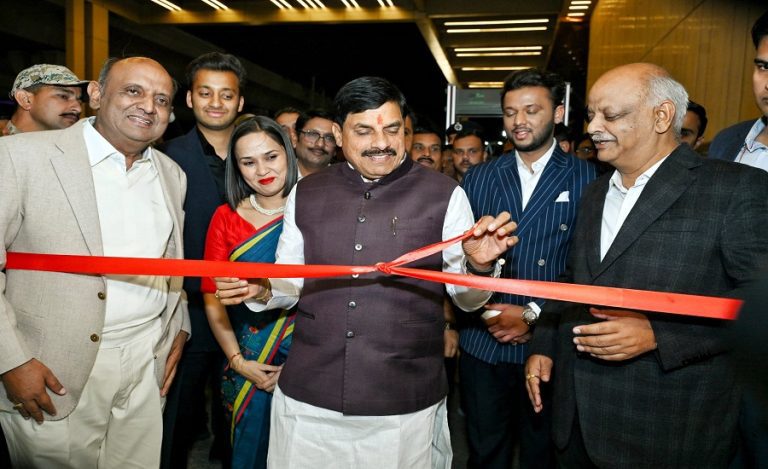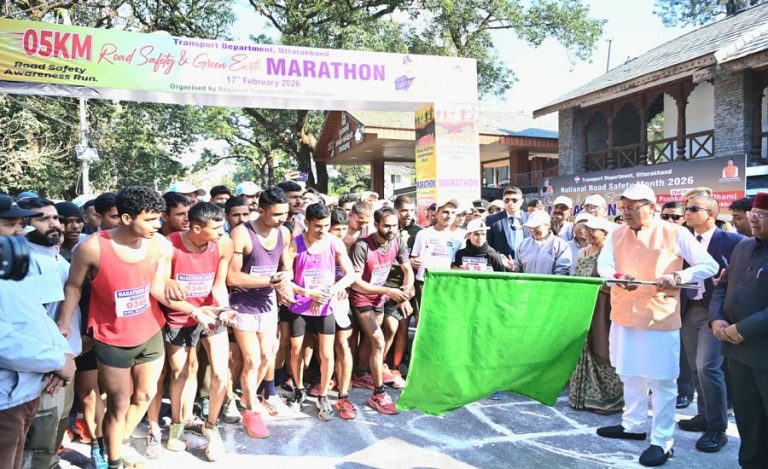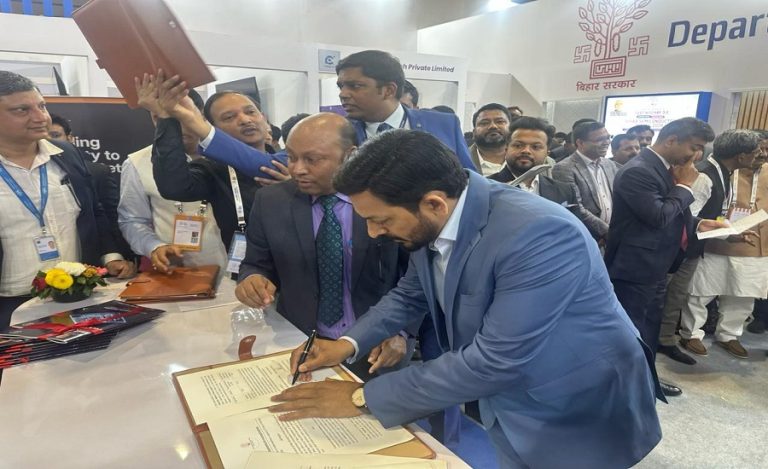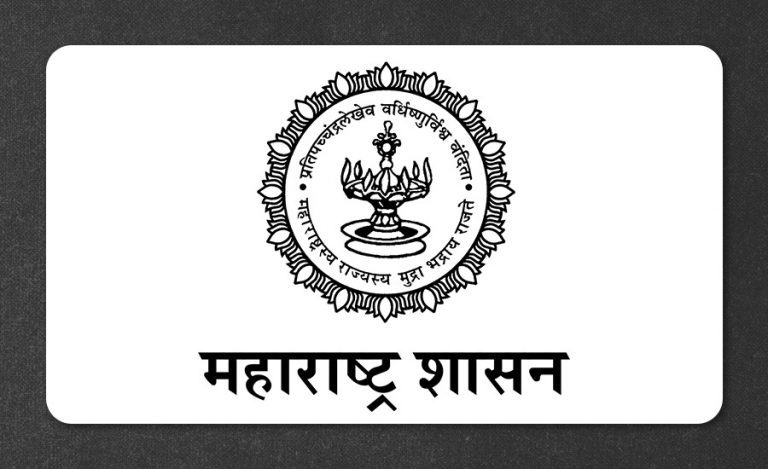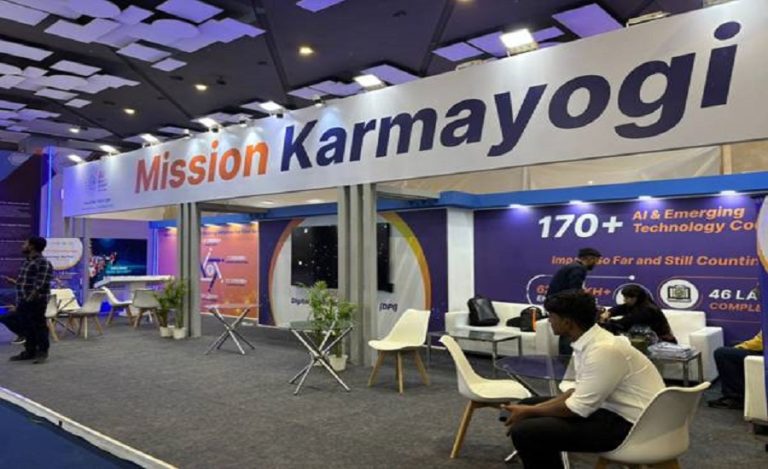The development has escalated as the Bhuj Sessions Court subsequently issued an arrest warrant against the retired Director General of Police (DGP) after he failed to surrender post-conviction.
The Four-Decade-Old Case
In February 2025, the Bhuj Sessions Court convicted Kuldeep Sharma and former police inspector Girish Vasavada for wrongfully confining and assaulting Congress leader Abdul Haji Ibrahim, who is now deceased.
The incident occurred on May 6, 1984, when Ibrahim was part of a delegation from Nalia town in Kutch district. The delegation had visited Sharma, who was then serving as the Superintendent of Police (SP) in Bhuj, to raise concerns about alleged police harassment of innocent civilians.
According to court records, when Sharma learned about Ibrahim’s presence in the delegation, he took the Congress leader to an adjoining room and physically assaulted him using a stick. Then-police inspector Vasavada and other accused officers joined in the assault.
Court’s Conviction and Sentencing
Additional Chief Judicial Magistrate BM Prajapati of Bhuj convicted both officers under Section 342 of the Indian Penal Code (IPC) for wrongful confinement.
The court handed down a three-month jail term to both Sharma and Vasavada, along with a fine of Rs 1,000 each. The court also ordered immediate custody of both convicted officers.
Long Legal Battle
The case saw a protracted legal journey spanning over four decades. A complaint was initially filed by Shankar Joshi in the Bhuj court against Sharma, Vasavada, and two other accused officers (now deceased) under IPC sections 342 (wrongful confinement), 323 (voluntarily causing hurt), and 506 (criminal intimidation).
Read also: 7 Years, 4 Interviews, Now Dy.SP: How Jitendra Baghel Cracked MPPSC Through Relentless Struggle
When charges were framed, Sharma approached the Gujarat High Court seeking to quash the legal proceedings. However, the High Court rejected his application.
Subsequently, Sharma filed for regular bail in the Bhuj court, arguing that the government had not sanctioned his prosecution—a requirement for public servants. After his bail plea was rejected, he again approached the High Court for permission to file a fresh bail application, which was granted.
Government Sanction Came After 28 Years
In a remarkable timeline, the state government granted sanction to prosecute Sharma and Vasavada in February 2012—nearly 28 years after the complaint was initially lodged against them.
Sharma challenged this sanction for prosecution in both the Sessions Court and the High Court. Following rejections at both levels, he moved the Supreme Court. The apex court directed the Bhuj court to complete the case proceedings within three months.
Failure to Surrender Triggers Arrest Warrant
Following the February 2025 conviction, Sharma failed to surrender as per the court’s order. This non-compliance prompted the Bhuj Sessions Court to express its displeasure and issue an arrest warrant against the former senior police officer in October 2025.
The court emphasized that the law must take its course regardless of the time elapsed since the incident, signaling that no leniency would be shown for non-compliance.
Profile of Kuldeep Sharma
Kuldeep Sharma, who joined the Indian Police Service in 1976, had a distinguished career spanning several decades. He rose to the rank of Director General of Police before his retirement.
Notably, Sharma played a prominent role as the head of Gujarat’s CID in the high-profile Sohrabuddin Sheikh alleged fake encounter case. His involvement in this sensitive investigation brought him into the crosshairs of political attention.
In 2015, nearly a year after his retirement from service, Sharma joined the Congress party, adding a political dimension to his post-retirement profile.
Additional Legal Troubles
This is not the only legal challenge Sharma has faced. A separate fake encounter case was registered against him based on an application filed by Kutch resident Jusab Juma Mokha.
Mokha alleged that five members of his family were killed by police in 1984 when Sharma was serving as SP in Kutch district. However, the Gujarat High Court quashed the FIR against Sharma in this encounter case in August 2010.
His brother, Pradeep Sharma, a suspended IAS officer, has also faced legal scrutiny, with both brothers finding themselves under government investigation at various points.
What the Court Said
The judiciary’s stance has been firm throughout this case. The court noted that the act of assaulting and humiliating individuals who had come to a government office was a serious and inappropriate act, regardless of the officer’s rank or the time elapsed since the incident.
The complainant in the case, Iqbal Madhra, who is the son of the deceased Abdul Haji Ibrahim, welcomed the court’s judgment 41 years after the incident occurred.
Significance of the Verdict
Legal experts view this case as a significant reminder that no one is above the law, regardless of rank or position. The conviction of a former DGP in a case dating back 41 years sends a strong message about accountability in public service.
The court’s refusal to grant exemption from surrendering further underscores the judiciary’s commitment to ensuring that convicted individuals face the consequences of their actions, regardless of their status or age.
Current Status
As of October 2025, an arrest warrant remains active against Kuldeep Sharma. Law enforcement authorities are now tasked with executing the warrant to ensure the former IPS officer serves his three-month sentence.
The case continues to attract attention as it highlights issues of police accountability, delayed justice, and the consequences of custodial violence, even when the incidents occurred decades ago.
The Gujarat police are expected to execute the arrest warrant, bringing closure to a case that has wound through India’s judicial system for over four decades.

